Creating Resources on GitHub Guide from Picademy 2
This week started with the second run of Picademy – our free CPD course for teachers. Two days at Pi Towers learning interesting and engaging ways to use Raspberry Pi in the classroom, led by Carrie Anne and supported by our education team. Picademy went fantastically well! We’re holding the next one in July and we’ll be opening applications up for future events once we’ve set a date.
As part of my preparation for Picademy, I started to create a guide for the teachers to help them create learning resources the way we do – for their own use, and for them to submit to us for inclusion on the website. I gave a presentation explaining how we use GitHub (and how much I love GitHub) and explained our process of creating resources with markdown. I showed them how people report issues when they find an error, and how people can fix errors themselves. This was followed by a demonstration of GitHub for Education by Picademy delegate James Robinson who’s been using it to set work for his classes.
Following the event I proceeded to expand upon the notes I’d made on creating resources and published them for general consumption. We’re all working hard on some new material ourselves, including single exercises and full schemes of work – and we look forward to seeing some community contributions too. Whether it’s new or re-purposed, we’d love to see it.
Head along to GitHub to check out the guide – it’s at github.com/raspberrypilearning/creating-resources – and read up on how we write the learning resources on our website, how to use GitHub, how to report issues, how to request changes and how to submit to us. Using GitHub in this way is very easy – don’t be put off, just take a look at the guide and follow the instructions – you can do it all from GitHub’s web interface. Be sure to read the guidelines on style as well as the technical details.
Here are some photographs from Picademy #2:
And a video of one of the team’s projects on day two:
Teachers: remember to keep an eye on the blog and twitter for the announcement of Picademy #4 applications.


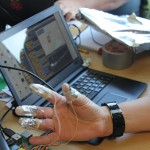
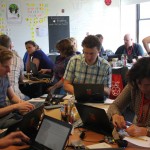


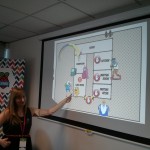
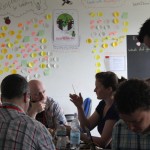
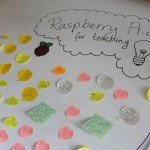
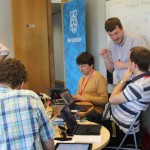
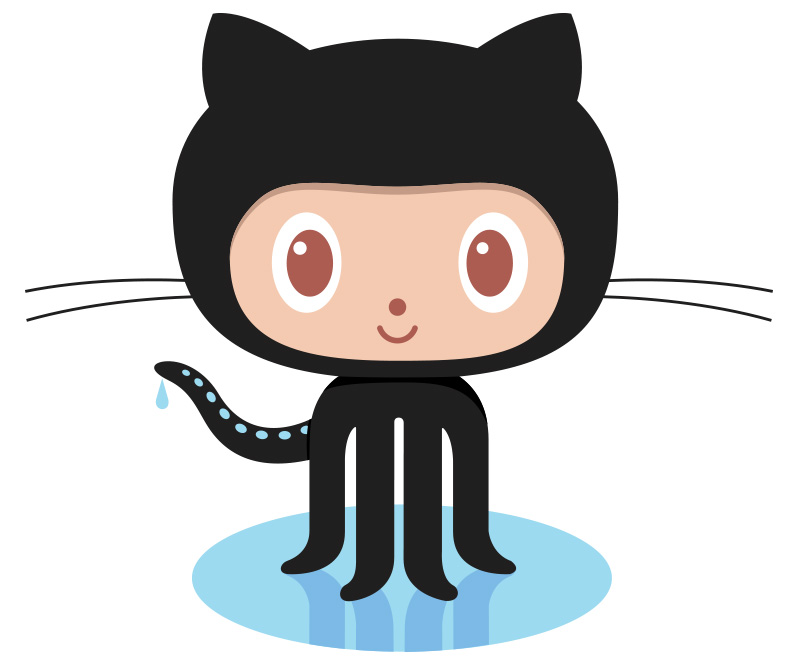
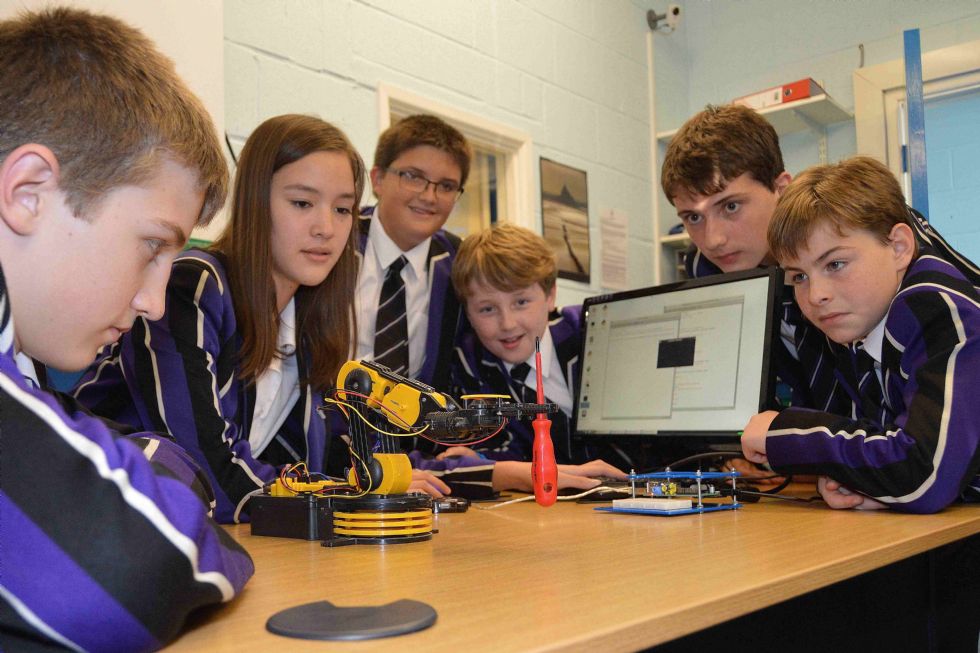
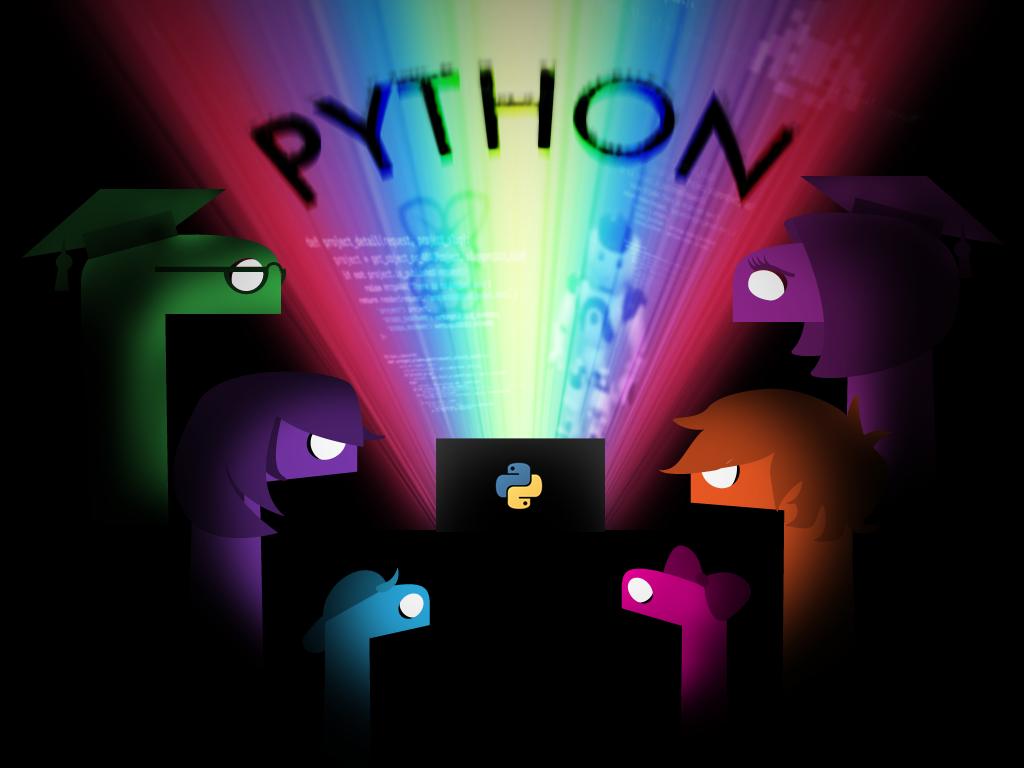

7 comments
michael burton
Please add me to your newsletter/email list, I am a teacher using raspberry pi in my classes. Michael
Ben Nuttall — post author
We don’t have an email list or newsletter for the site (there’s Pi Weekly for news & projects) and if you’re interested in Picademy, please wait for the announcement of the next event and do apply.
Stewart Watkiss
I like the look of those Lapdocks. Are they a commercial product?
Motorolo created something similar in the past for a phone, but it used proprietary connectors and whilst can be made to work with a Raspberry Pi is not straightforward.
I am surprised nobody ever created something like that which could be used for servers in a data centre, much better than a monitor on a trolley.
Ben Nuttall — post author
Yes, those are the Motorola lapdocks. We got hold of a set of them on ebay – as they’re obviously no longer in production. It would be nice to see a compute module based lapdock one day.
AndrewS
The price of them has strangely gone up since people realised they could be used with a Raspberry Pi ;-)
fomo
Ye Old laptops are cheaper ;] and if one like’s one can run qemu and boot a pi-image upon one
Chris
How many schools have their RPi connected to the internet/network?